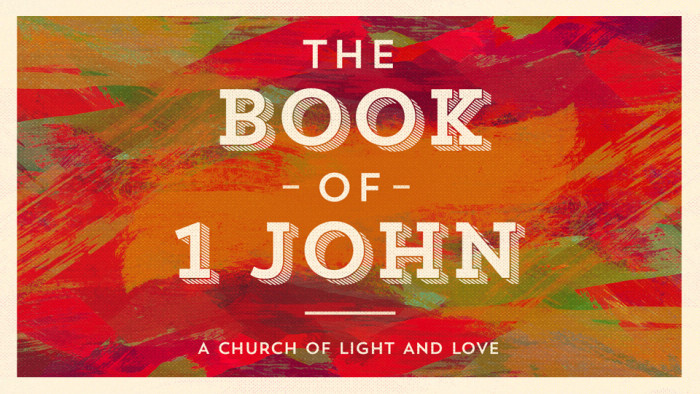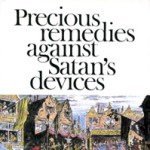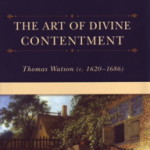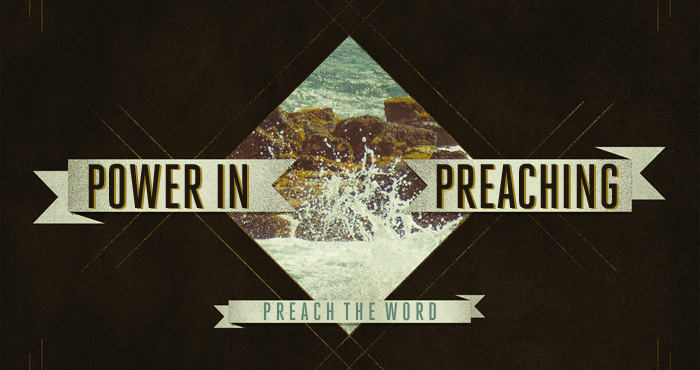On February 1, 1995 John Piper preached a message at Northwestern College’s chapel service on “Avoiding Sexual Sin.” Oh, how needed the message remains 20 years later! Is there any greater fight for the pastor than the fight for purity? For most, it is the fight.
With his usual passion and sagacity Piper gives Christian leaders and pastors “10 Sexual Pitfalls and Strategies for Protection” in hope “that this Biblical expose of the deceitfulness of sin will intensify our vigilance and keep us pure for the greatest work in the world.” They are well worth your meditation and prayer as you labor for the holiness without which no one will see the Lord.
10 Pitfalls and Protections
1. PITFALL: Falling in love with the present world. “For Demas, in love with this present world, has deserted me and gone to Thessalonica.” (2 Timothy 4:10)
- PROTECTION: Think long and hard about the deadly poison of world-love and ponder the never-ending delights of the mountain spring of God’s approval and fellowship and beauty.
2. PITFALL: Loss of horror at offending the majesty of God’s holiness through sin. “Nathan said to David, ‘Why have you despised the word of the Lord, to do what is evil in his sight? . . . Now therefore the sword shall never depart from your house, because you have despised me, and taken the wife of Uriah?'” (2 Sam. 12:7-10).
- PROTECTION: Meditate on the Biblical truth that all our acts are acts toward God and not just toward man. . . .and that God is so holy and pure that he will not countenance the slightest sin, but hates it with omnipotent hatred. . . .and that the holiness of God is the most valuable treasure in the universe and the very deepest of delights to those whose way is pure.
3. PITFALL: A sense of immunity from accountability and authority. “I have written something to the church; but Diotrephes, who loves preeminence, does not acknowledge my authority.” (3 John 9)
- PROTECTION: Submit yourself to a council of Biblically minded, spiritually wise advisers.
4. PITFALL: Succumbing to itching ears as love of truth evaporates. “For the time is coming when people will not endure sound teaching, but having itching ears they will accumulate for themselves teachers to suit their own liking, and will turn away from listening to the truth.” (2 Tim. 4:3-4)
- PROTECTION: Cultivate a love for truth, even in its smallest details, and turn a deaf ear to the desires of men to have their ears scratched with vague moralisms that massage them in their sin.
5. PITFALL: A vanishing attention to Scripture. “All Scripture is inspired by God and profitable for teaching, for reproof, for correction, and for training in righteousness, that the man of God may be complete, equipped for every good work.” (2 Tim. 3:16-17)
- PROTECTION: Give yourself untiringly to the study, meditation and memorization of Holy Scripture.
6. PITFALL: A growing disregard for the spiritual good of his followers. An Old Testament refrain is that when the king sinned, the people were ruined. “The Lord will smite Israel. . . and give Israel up because of the sins of Jeroboam, which he sinned and which he made Israel to sin.” (1 Kings 14:15-16)
- PROTECTION: Labor in praying and caring to stir up your heart to love all your people.
7. PITFALL: Disregard for the Biblical mystery of marriage. “A man shall leave his father and mother and be joined to his wife, and the two shall become one. This is a great mystery, and I take it to mean Christ and the church.” (Eph. 5:32)
- PROTECTION: Remind yourself repeatedly that your marriage is a living drama of Christ’s relationship to the church. Let your thoughts about your spouse rise from the ordinary to the extraordinary by faith in the truth of Ephesians 5:32.
8. PITFALL: Compartmentalizing of the leader’s life. In the New Testament the leader’s home life is an essential part of his qualification for church leadership (1 Tim. 3:4,12). In other words, the New Testament will not allow us to compartmentalize our life so that some parts of it are irrelevant to the issue of leadership.
- PROTECTION: View everything—absolutely everything—as woven together by its relationship to the value of the glory of God.
9. PITFALL: A sense of being above the necessity of suffering and self-denial. “Take your share of suffering as a good soldier of Christ Jesus.” (2 Tim. 2:3)
- PROTECTION: Never forget the promise: “Through many tribulations we must enter the kingdom of God” (Acts 14:22). And never forget that the Son of Man had no place to lay his head (Luke 9:58). And develop a Biblical theology of futility and suffering, especially from Romans 8:17-30.
10. PITFALL: Giving in to self-pity under the pressures and loneliness of leadership. The stronger the impulse of self-pity, the more inclined we are to reward ourselves with unusual treats. The more we pity ourselves for how hard life is the more easily we justify a little extra pleasure —even illicit sexual pleasure.
- PROTECTION: Embrace the essence of “Christian Hedonism”—the doctrine that no one who suffers the loss of any earthly blessing in the service of Christ will fail to be repaid a hundred-fold now (with persecutions!) and in the age to come eternal life (Mark 10:29-30).
Read all this and more over on Desiring God.









